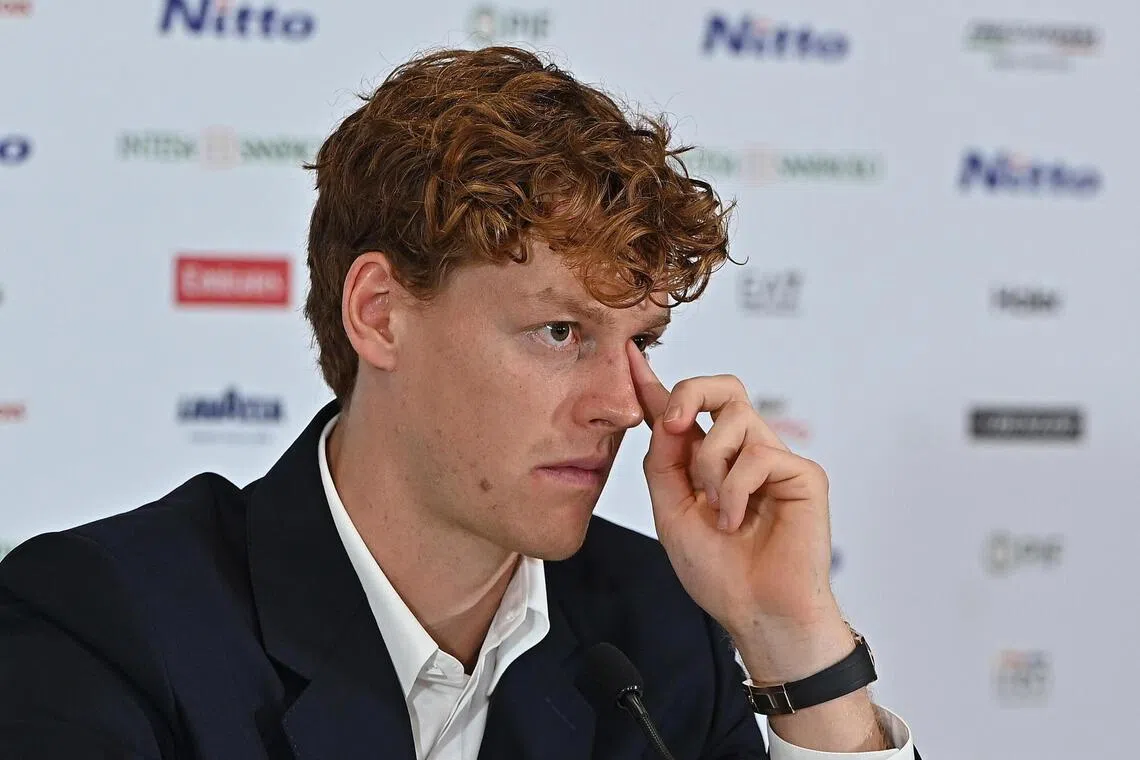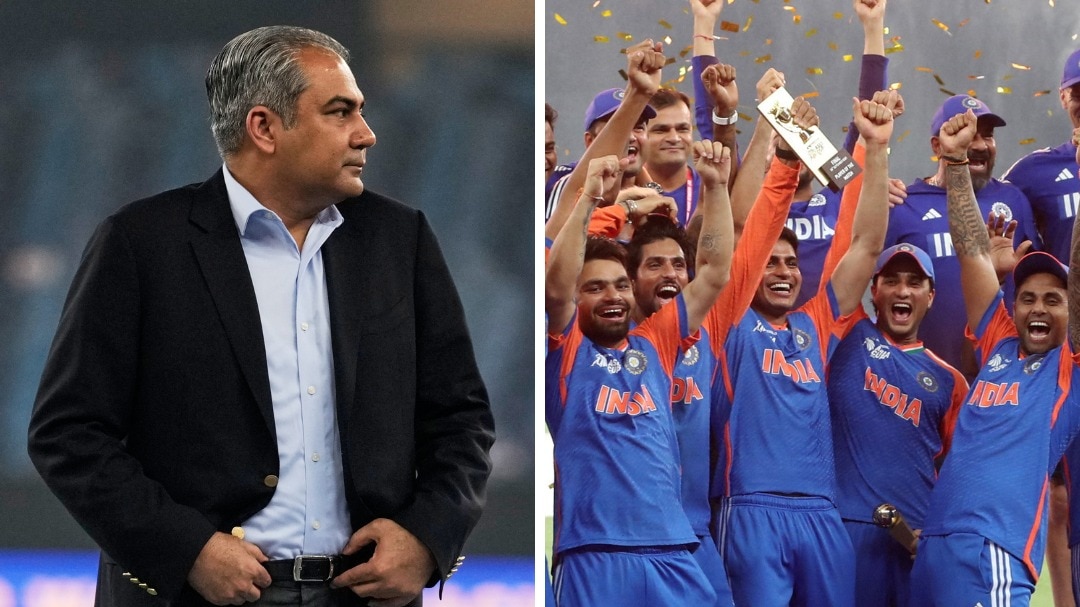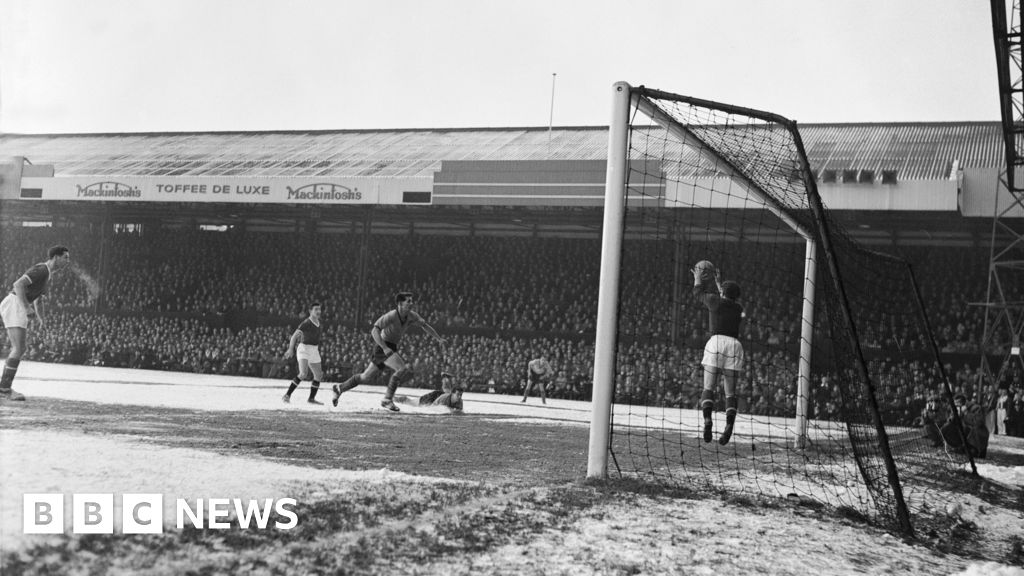How the woman who wasn't allowed to play built a future for Canadian hockey
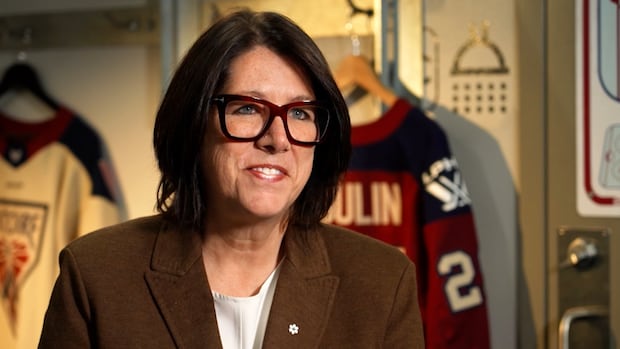
Few people in this country have had the kind of profound impact on how Canadians live and breathe sport like Danièle Sauvageau.Her name is synonymous, certainly in Quebec, with the game stitched across the nation’s heart.“She's touched every level of female hockey and male hockey, to be honest,” said Marie-Philip Poulin, captain of the Montreal Victoire and the decorated women’s national team.“She's always had a strong drive to make sure that we grew female hockey here in Quebec. And for many years, it was difficult. I feel like right now we have such incredible momentum, to see the crowd that comes to the Victoire games and to see young girls wear jerseys all over the place, it's pretty incredible.”Sauvageau, the girl who grew up in Deux-Montanges, Que., and wasn’t allowed to play on an organized hockey team because she wasn’t a boy, is now inextricably linked to the growth and strength of the game. The general manager of the PWHL’s Montreal Victoire became a national hero when she led Team Canada to the country’s first hockey gold in 50 years at the Salt Lake City Olympics in 2002.She’ll soon join an elite class of eternal hockey demigods when she’s inducted into the Hockey Hall of Fame as a Builder. The category, which honours non-players making significant contributions to the sport, already includes NHL commissioner Gary Bettman, former coaches Scotty Bowman and Pat Burns, and Lord Stanley (yes, that Lord Stanley).There are 119 Builders in the Hall of Fame. Sauvageau is the first woman.She’s a force in hockey. Respected, revered and, yes, maybe a bit feared. At least, until you encounter the passion that lies beneath her straightforward demeanor.“I mean, she is intimidating,” Poulin said with a smile. “She still is to this day to me. But she has a soft inside. And that's something that's quite a privilege when you get to know her.”Poulin’s respect for Sauvageau runs deep. She hung posters of the coach on her walls as a child, something her mother immediately told Sauvageau when they met in person at a hockey festival when Poulin was still young.Their professional relationship spans nearly two decades, starting when Poulin moved to Montreal as a teenager to play in the new Canadian Women's Hockey League (CWHL). Sauvageau supported her through her first Olympics in Vancouver 2010, through World Championships and coached Poulin on the Professional Women's Hockey Players Association Montreal team, which sprang up after the CWHL folded."It's just a privilege to be able to represent Canada and obviously she's done that for many years. She's lived it,” said Poulin. “It’s such a privilege to play on her behalf.”Cracking open space for womenThough she wasn’t allowed to play in boys ' hockey leagues, Savageau's childhood stil l revolved around recreational games at the outdoor rink down the street from her family home.She says she never forgot how it felt to be told she couldn't play, but being told no as a child would eventually bring her to create opportunities for others."Today, when I look back, I said … it happened for a reason."She remembers crowding around the TV to watch La Soirée du hockey with her family and the sense of community the game brought.Decades later, it was her face beaming into homes when she became an analyst for the French-language Hockey Night in Canada on Radio-Canada. She was the first woman to sit in that chair and still works as an analyst for NHL broadcasts on RDS.Her life has been a relentless demonstration of how trailblazing is not just a matter of circumstance, but of pushing into places no one had ever cracked open for women.“For the longest time, I used to say ‘I'm not at the right place at the right moment,’ ” Sauvageau said, seated in the Verdun Auditorium, the Montreal sports complex that has become ground zero for elite women’s hockey in the country, thanks to her vision.“There's another door that just like, you know, closed. But every time I felt like I was able to just put my foot in … and today, I feel like I was just there at the right time [to] help.”The list of Sauvageau’s accomplishments could wallpaper a locker room.As head coach, she shepherded Team Canada to the first Olympic hockey gold in 50 years at the 2002 Winter Games — the women’s team went in as the ultimate underdog and emerged as a force that would never again be underestimated. That image of her, on the ice right in the middle of her team of champions, became an inspiration for countless girls with hockey dreams, Poulin included.Sauvageau was the first woman to c oach in the Quebec Major Junior Hockey League. She founded the Université de Montréal Carabins women's hockey program in 2008, 15 years before anyone knew how the Professional Women’s Hockey League (PWHL) would thrust the sport into the spotlight.She was also on the committee that secured Vancouver’s Olympic bid. She’s supported elite speed skaters and figure skaters as a performance and coaching consultant with the Canadian Olympic Committee and has worked to help other countries bolster their hockey programs.Despite all the accolades — the Order of Canada pin on her lapel, the big-stage victories, the admiration of a generation of women who, for the first time, saw themselves as the future of the sport — the first thing that strikes you about Sauvageau is her humility.While her passion for the sport has always been there, Sauvageau says even when she felt like she might want to do something else, there was always someone calling to say they needed her help with a project."Almost like a fireplace where someone was coming in and putting in just a little log."And when those requests came, she said yes. "I wanted to help."‘She’s not leading alone’Sauvageau’s seemingly natural leadership ability is often cited as her defining trait. Her style is rooted in discipline, forged by her years as a police officer. But former players she’s coached say it’s not a simple, top-down relationship.“She has this ability to always bring a lot of people along the way. But she's not leading alone. Like, you can see that everyone has her back and everyone wants to compete and show up for her,” said former Team Canada goalie Kim St-Pierre, who just this season was hired to manage the Montreal Victoire’s business operations.Ultimately, Canada’s understanding of its beloved, identity-entangled sport would not be the same had Sauvageau not pushed through barriers that held back so many before.Especially at a moment when the future for professional women’s hockey players seems so bright and the PWHL is breaking attendance records.“She knew from day one when that league was going to be created, she was going to be involved,” Poulin said. “It’s no surprise that she became the first GM for the Victoire de Montreal.”The PWHL was never guaranteed to be a success. Women’s professional hockey had long struggled to become sustainable and profitable. The collapse of the CWHL in 2019 left many top athletes without a place to play — a bleak moment that could have derailed the dream.But Poulin says Sauvageau never gave up on them.“She wanted us to keep training, not only for a professional league, but also for the national team,” Poulin said. “She went through walls for us, to have sponsors, to have money to make sure we have ice time to be able to play.”The dream of hockey as a full-time gigFor 33 years, hockey was Sauvegeau’s side gig.Her education was in social work, and she spent her professional life as a decorated police officer working the scenes of several crimes that still scar the nation to this day.She was on the scene as a Montreal police officer when a shooter killed 1 4 women at École Polytechnique in 1989 and worked with victims’ families. She was also part of the response nearly 17 years later when another shooter roamed the halls of Dawson College, fatally wounding a student and traumatizing the city. She worked for the RCMP in rural B.C. and for the SPVM’s drug squad and surveillance teams.“I've learned from policing that again, you prepare for the unknown,” she said. “You don't know when things are going to happen. Are you going to be alone? No, not alone."But Sauvageau says that just as police brass cannot be constantly looking over the shoulders of officers and telling them how to do their jobs, she's learned the same is true on the ice.Until the PWHL came around, most of the country’s top players had other jobs to pay the bills.But Tennis legend Billie Jean King, who knows a thing or two about professional sports, and the Walter family, who just added another World Series to their trophy case, saw the skill and the potential and the beauty of the game. They joined forces to launch the PWHL in 2023.However, even Sauvageau, who gave so much of her time and faith to hockey, says they had no idea how quickly the ride was about to move when it came to the league’s rocketing success.“None of us knew. None of us,” she said. “Even if I've been in the game for 40 years. I knew that it could work, but as fast as that, it’s unbelievable.”Within months of launching the league, the Montreal Victoire sold out the 21,000 seat Bell Centre for a game against the Toronto Sceptres, the largest single game attendance for a women’s game.Ticket demand was so high that the team had to swap venues, going from Verdun Auditorium to Laval’s Place Bell. Last season, the league more than doubled attendance and landed some big-name sponsorships."It shows that everything that we believed in, between the players that deserve to have the same world stage and the fans and believing in those two paths, was the right thing to believe in for sure,” Sauvageau said.More than 20 years after that gold medal wi n in Salt Lake City, Sauva geau saw her dream of a sustainable league for women’s hockey come true.“I don't think it's been her full-time job until the PWHL came about,” said Kori Cheverie, the head coach of the Montreal Victoire and assistant coach of Canada’s Olympic women’s team.“I think that a lot of people can look to her determination, her grit, her ability to problem solve and find solutions … but also, provide an environment for people to do the thing that they love.”Shaping future starsAs much as she helped shape the careers of the current generation of players, her sights are still set on the next.When the CWHL disappeared, Sauvegeau saw the need for a home base for the sport’s top female athletes — a place to develop that wouldn’t be tied to a particular club or country.Housed in the Verdun auditorium, Centre 21.02 — named for that day in Salt Lake City when Team Canada ended a decades-long gold drought — is a unique facility dedicated to providing the best possible training and leadership for emerging stars of women’s hockey.Market value of Canadian pro women's sports has doubled since 2023, new study findsTeam Canada’s former captain and four time Olympian Caroli ne Ouellette believes Centre 21.02 is one of Sauvageau's greatest achievements, because it came after the CWHL folded and during the pandemic when women's hockey players had nowhere to practise or train.“She created that place for them to be. And now ... everyone knows how incredible it is,” said Ouellette, who was recently hired as an assistant coach for the Victoire. “We have athletes coming to train here every summer from all around the world, and I think that speaks a lot.”Since the PWHL exploded in popularity, more girls are signing up to play than ever before. At the end of the last season, Hockey Canada reported a 30 per cent jump in girls playing the sport and a 12 per cent jump in boys versus 2022.New book on PWHL's start shows how far women's pro hockey has come“She's opened so many doors … and I think that's why the next generation now is in a great position,” St-Pierre said. “And Danielle is not done.”Indeed, Sauvageau has another goal — push for more rinks, more ice time, more women in coaching and more opportunities for kids to feel what she did at that outdoor rink in Deux-Montagnes.She often asks herself if she can still have an impact and serve the game.“Until I can’t, there’ll always be that fire to continue.”


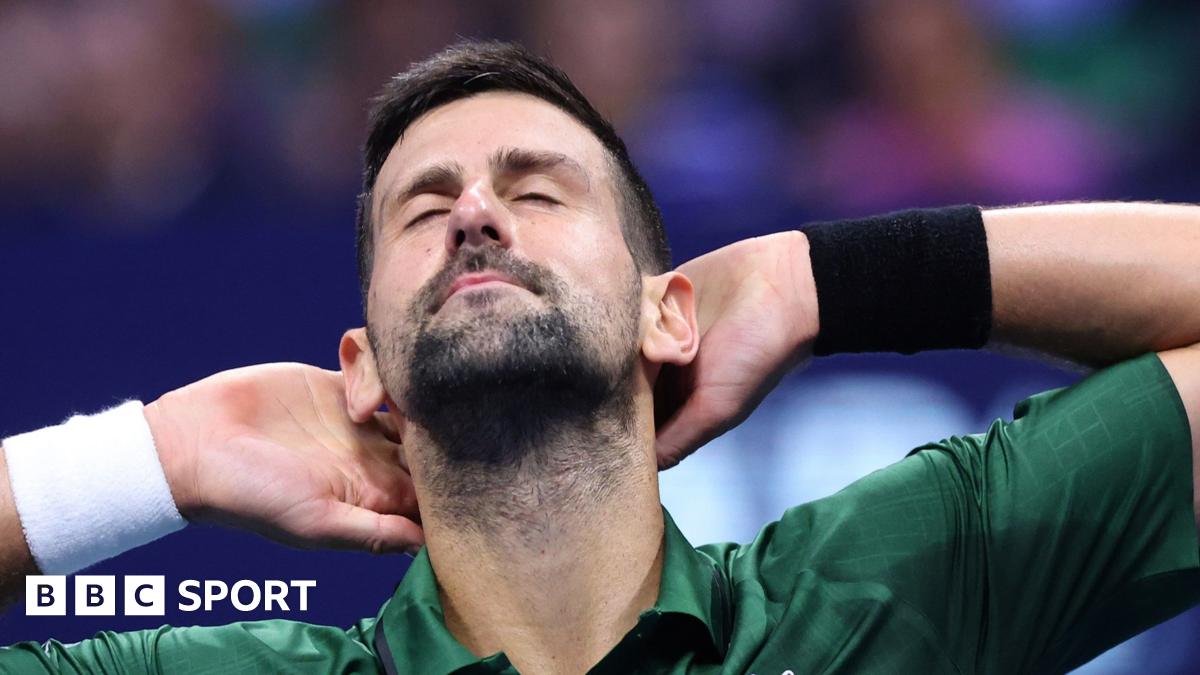

.jpg)

